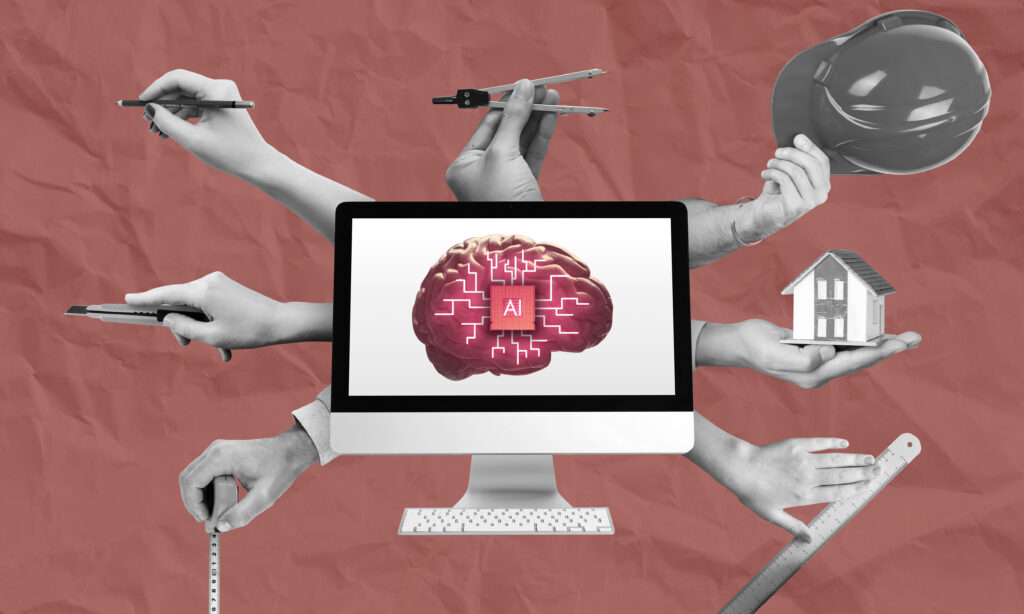Talent management is a real strategic issue that allows companies to get more value from their current and future employees. The evolution of the latter must therefore be controlled and supported. But it is not always easy to see clearly! Discover 3 ways to support the evolution of your employees within the company.
1/ Encourage internal mobility
It is a common practice to support the evolution of employees! Indeed, internal mobility allows us to meet the needs of the company, while developing the employability of employees. There are also several types of internal mobility: functional, geographical or resulting from a promotion. Before implementing this solution, make sure you define a clear internal mobility policy so that your employees are treated equally. You also need to be able to anticipate your HR needs in advance in order to prepare your employees’ mobility. In addition, to assess and anticipate employees’ desires, the issue of internal mobility can be raised during an annual interview. You can also set up a page on your intranet to publish eligible internal positions in order to encourage employees to apply.
2/ Provide feedback and coaching
To make it easier for your employees to grow, you need to take stock of their current skills and set new goals! These feedbacks will help them to see more clearly their points of improvement as well as their successes. To help your employees reach their goals more easily, you can of course offer them traditional training, but coaching is also an effective solution. Coaching can be focused on a person or a group of people in order to remotivate and give meaning to notions such as management, leadership, performance, cohesion, relationships, communication in teams… Coaching is often very well perceived by employees and is perfectly in line with a talent management approach.
3/ Have a salary development policy
To support long-term performance and reward employee development, salary increases are necessary. It can be based on individual or team performance, as a joint effort can also justify a salary increase. You should also pay attention to the potential of each employee to reward those who are the most motivated to move up the ladder. The objective of a salary increase is obviously to compensate your employees at their fair value, but also to motivate them for the continuation and evolution of their missions.
In short, there are many ways to support your employees’ development within the company. The means you put in place must be feasible and above all consistent with your strategic objectives. Employee development should be an integral part of your overall business strategy for the well-being of your employees, but also to remain competitive in your market by keeping the best talent in your organization.
Learn about Saba Cloud, the leading talent management and learning solution





